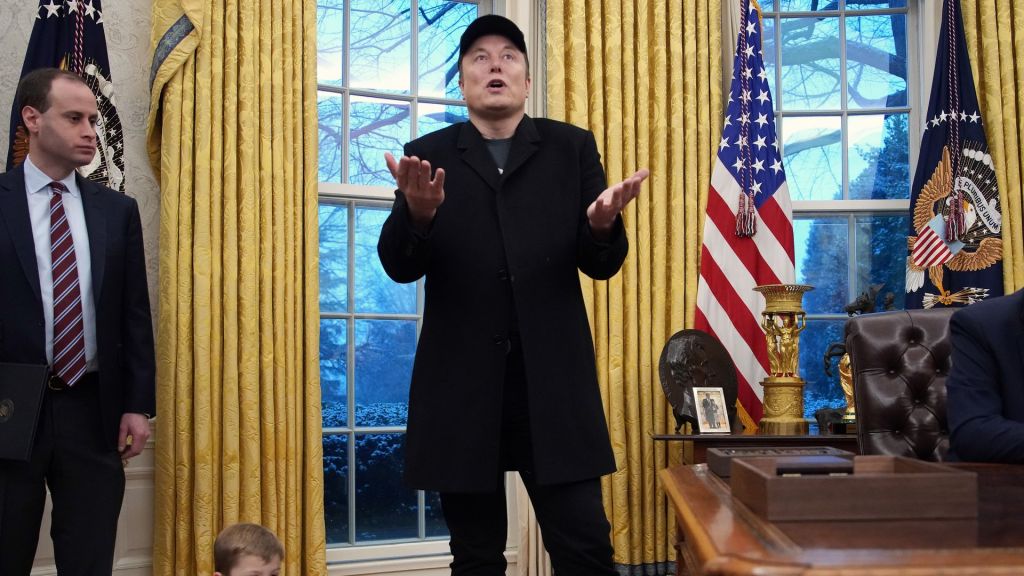
COLLEGES HAVE FOUND A WORK-AROUND TO THE SUPREME COURT’S AFFIRMATIVE ACTION RULING THIS SUMMER.
WHILE SCHOOLS ARE NOW PROHIBITED FROM ACCEPTING STUDENTS BASED ON RACE –
THERE IS A WAY FOR ADMINISTRATORS TO LEARN ABOUT A STUDENT’S ETHNICITY –
THROUGH THE COLLEGE ESSAY.
WHICH IS WHY ESSAY PROMPTS HAVE BEEN **STRATEGICALLY CHOSEN** THIS YEAR.
COLLEGES AND UNIVERSITIES ACROSS THE U.S. ARE RELEASING ESSAY PROMPTS FOR COLLEGE APPLICATIONS TODAY —
HIGH SCHOOL SENIORS WILL CHOOSE FROM A LIST OF QUESTIONS –
MANY OF WHICH ARE WORDED TO GIVE A STUDENT FREEDOM TO DISCUSS AND DISCLOSE THEIR RACIAL BACKGROUND.
HERE’S A LIST OF EXAMPLE QUESTIONS THAT HIGH SCHOOL SENIORS WILL CHOOSE FROM WHEN APPLYING TO THEIR DREAM SCHOOL.
THIS IS AN EXAMPLE FROM “COMMON APP” – WHICH SUPPLIES PROMPTS TO MORE THAN ONE THOUSAND SCHOOLS. QUOTE –
“SOME STUDENTS HAVE A BACKGROUND OR IDENTITY THAT IS SO MEANINGFUL THEY BELIEVE THEIR APPLICATION WOULD BE INCOMPLETE WITHOUT IT. IF THIS SOUNDS LIKE YOU, THEN PLEASE SHARE YOUR STORY.”
SOME PROMPTS ARE EVEN MORE DIRECT – REFERROMG TO THE SUPREME COURT’S CASE **INSIDE THE QUESTION ITSELF – LIKE THIS ONE FROM SARAH LAWRENCE COLLEGE.
“DESCRIBE HOW YOU BELIEVE YOUR GOALS FOR A COLLEGE EDUCATION MIGHT BE IMPACTED, INFLUENCED, OR AFFECTED BY THE COURT’S DECISION.”
SOME SCHOOLS HAVE BEEN TRANSPARENT – SINCE THEY CANNOT APPROVE APPLICATIONS BASED ON RACE IN ORDER TO DIVERSIFY THEIR CAMPUS –
THEY SAY THEIR ADMISSIONS OFFICERS WHO REVIEW STUDENT ESSAYS WILL WORK TO CREATE A DIVERSE STUDENT BODY WHILE FOLLOWING THE COURT’S RULING.
{AFFIRMATIVE ACTION RULING VO}
WHILE SOME ARGUE THE SUPREME COURT’S DECISION TO BAN AFFIRMATIVE ACTION WILL SERVE AS A DISADVANTAGE FOR BLACK AND LATINO STUDENTS –
THE SUPREME COURT RULED THERE IS EQUAL OPPORTUNITY FOR ALL RACES WITH AN END TO AFFIRMATIVE ACTION.
CHIEF JUSTICE JOHN ROBERTS WROTE THAT FOR TOO LONG UNIVERSITIES HAVE “CONCLUDED WRONGLY, THAT THE TOUCHSTONE OF AN INDIVIDUAL’S IDENTITY IS NOT CHALLENGES BESTED, SKILLS BUILT, OR LESSONS LEARNED – BUT THE COLOR OF THEIR SKIN. OUR CONSTITUTIONAL HISTORY DOES NOT TOLERATE THAT CHOICE.”










